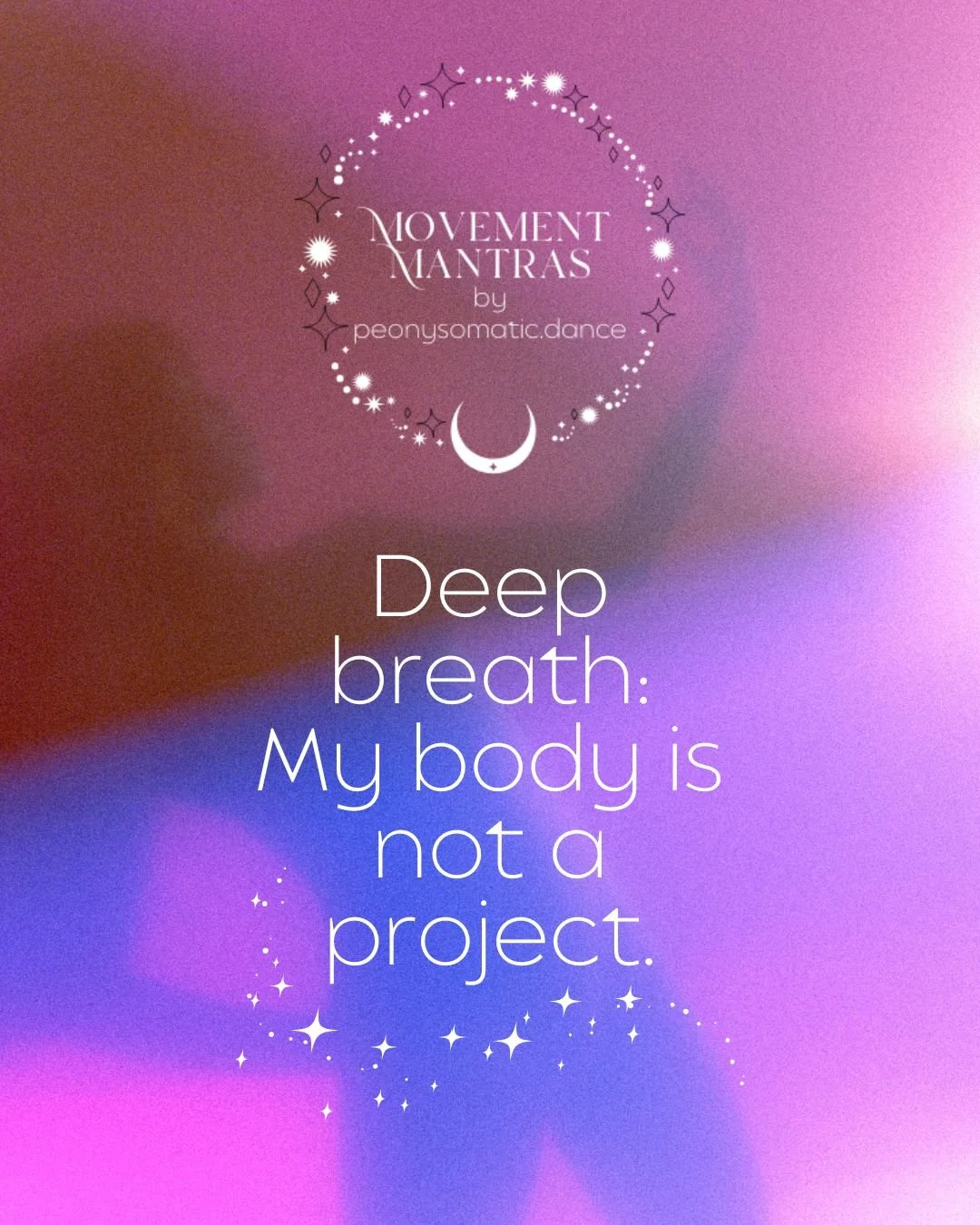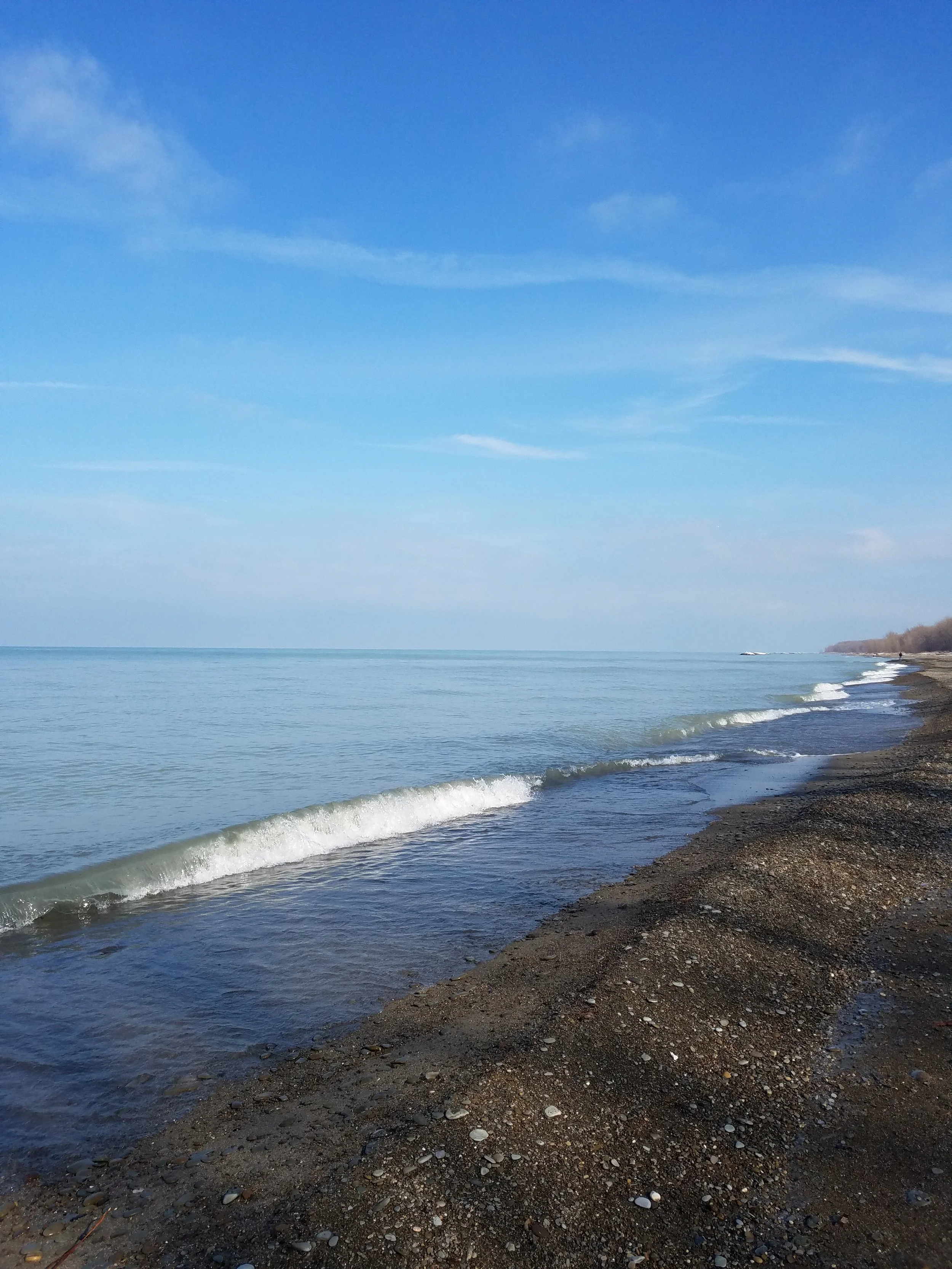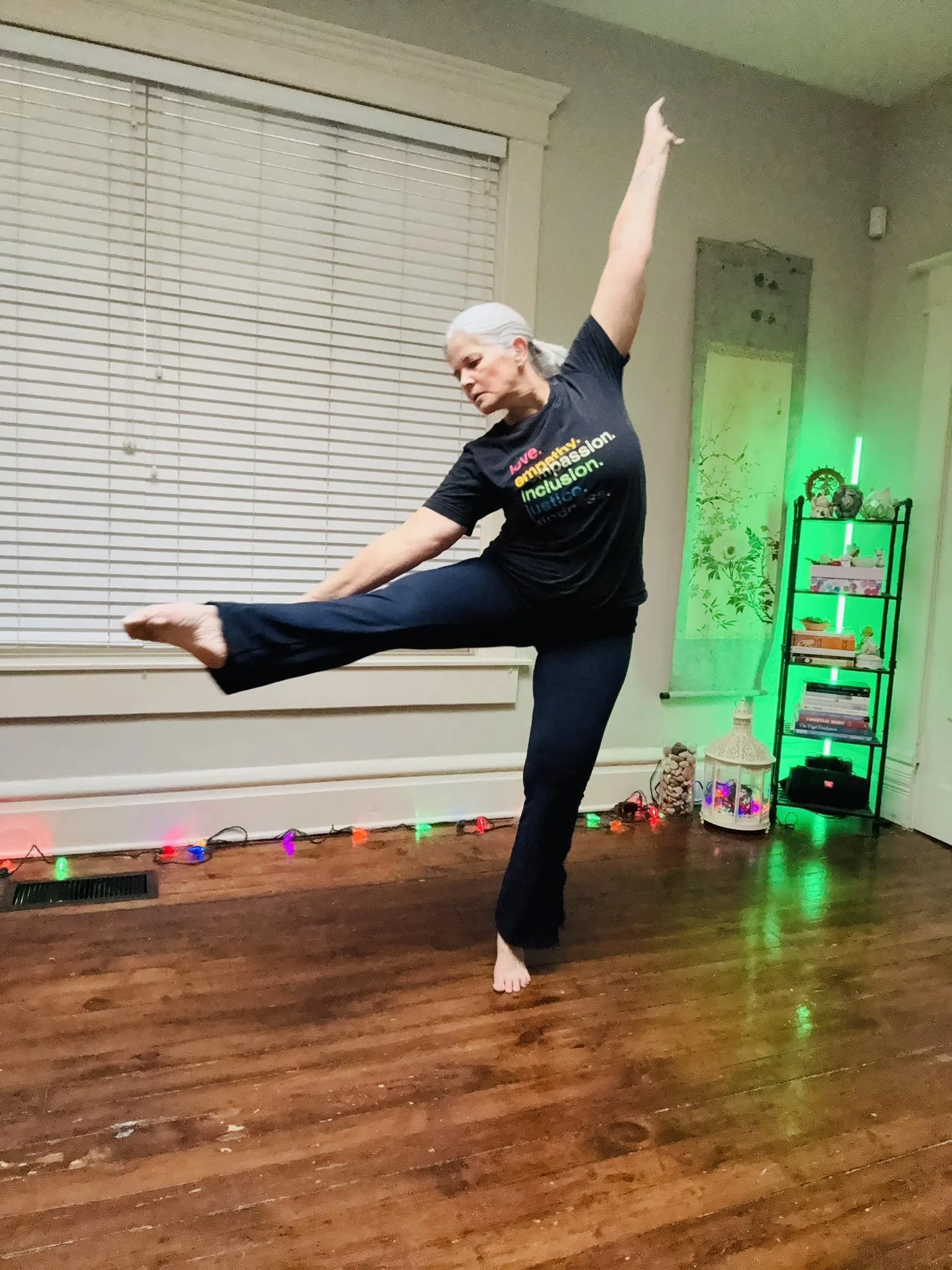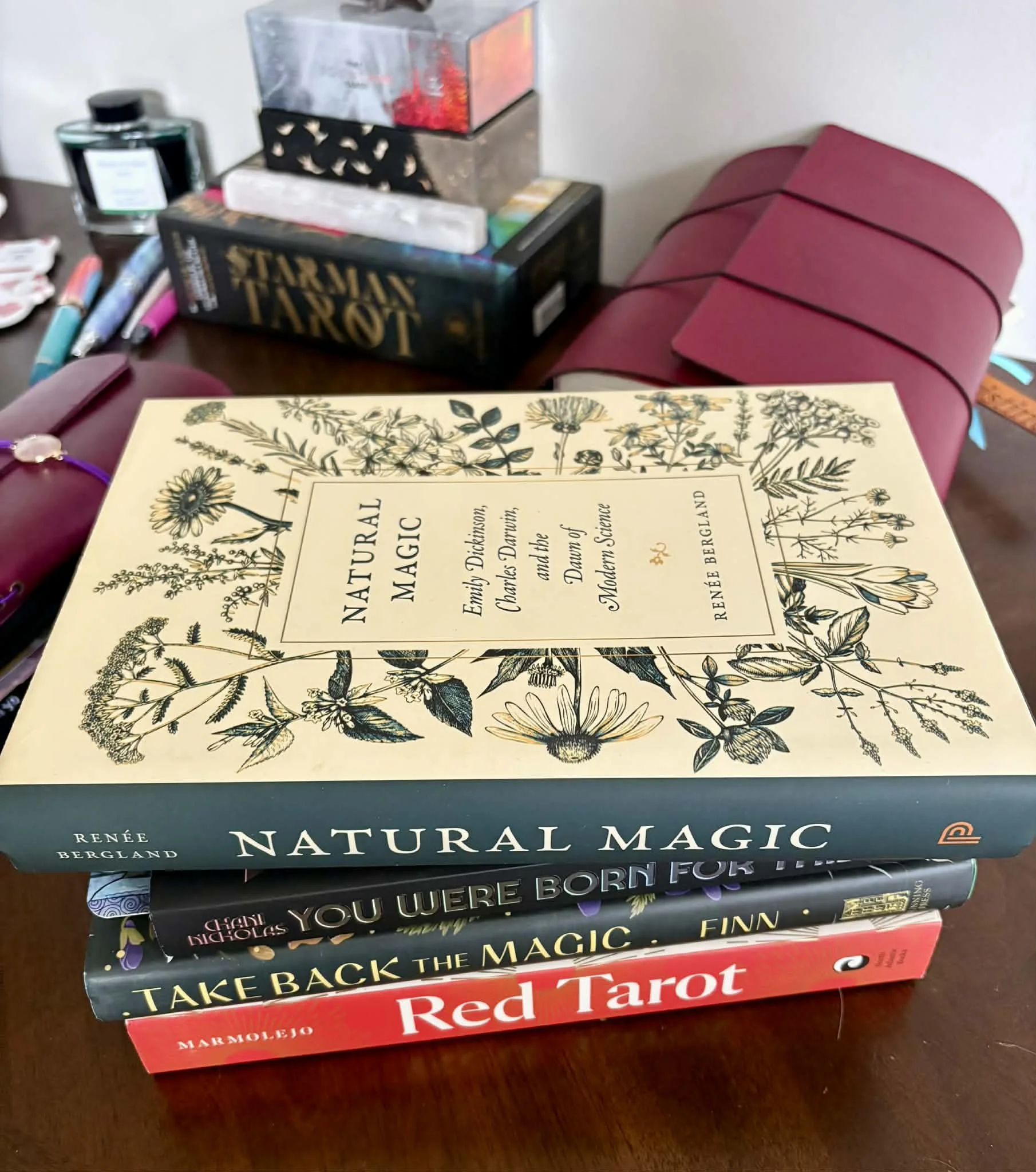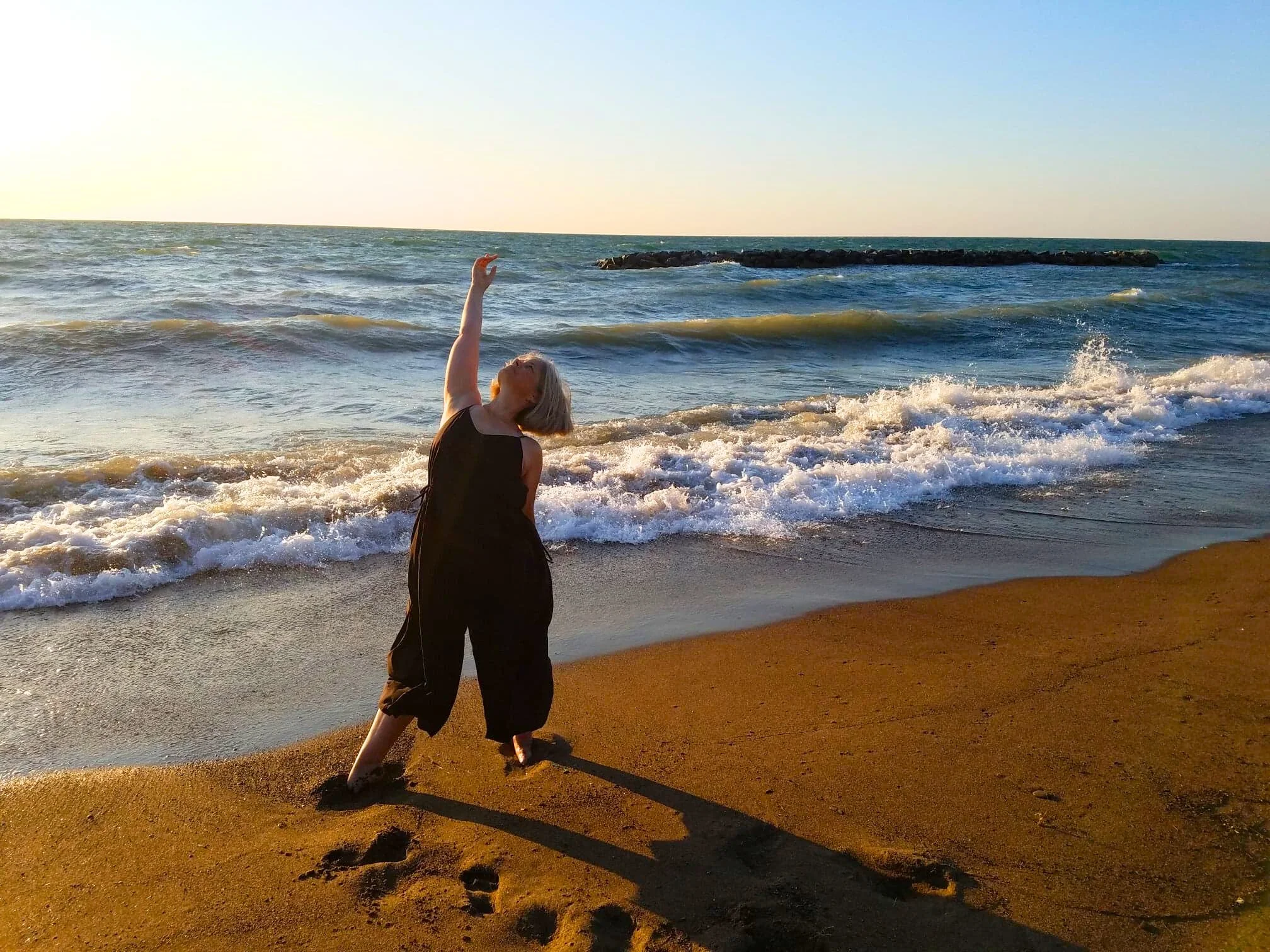It’s been rainy here after many weeks of drought, and suddenly, my body is one big bag of aches. Dry weather is best (cold or warm/hot) and cold wet is the worst.
I’ve been thinking about this blog for some time, but the idea of trying to write out all the ways my body is a literal pain was just overwhelming.
I won’t be including the ways my brain causes me pain. Most of you know at least a bit about my history of depression and anxiety and there’s some of that in my about me. (And I also won’t be including anything here about a couple of chronic issues, including lifelong migraine.)
And I wanted to write about my chronic pain issues so that it makes more sense when I write about the idea of joybody.
My Original PainBody
When you live with pain from a young age, you don’t notice that you live with pain. It’s just always there. It’s the water you swim in.
Even just a couple of years ago, I saw a meme about a doctor asking a patient where their pain level was and the patient said it was about a four… you know… normal. And the doc said, well, no pain is what’s normal.
WHAT?!
I remember from a very early age waking up and pressing all of my fingers into the wall to “wake them.” They were stiff from the get go. As was a lot of my body.
There were times when getting out of a chair, it would take me a few steps to feel like my legs were “ready.” (This still happens.)
And don’t even get me started on my low back. Or my shoulders which started getting bursitis in my early teens. (I now know what it was. Then I wouldn’t have had that word and I wouldn’t have even complained. It just was what it was.)
The Weirds of My Body
I’m pretty sure I could get a fibromyalgia diagnosis. My pain points are that widespread.
But here are a collection of things that are actually wrong with my body. (And if you’ve been in class with me, you know I say, “I’ve never seen your actual skeleton so I don’t know your body enough to tell you what you can or should/not do.”
Well, I’ve seen plenty of my skeleton:
I have congenital hip dysplasia on my left side. As a dancer, I used this for extreme flexibility tricks. Someone should have told me to stop. (This hip dysplasia will come up later in a significant way.)
My right tibia is twisted inward.
Which makes my right knee only point forward if my right foot is out a bit.
The last vertebra on my right side overgrew and connect to the top of my pelvis.
And all of my joints are hypermobile. Again, this was something that dance took advantage of and praised… oy…
Stepping on Nails
I lived with all of this pretty quietly. And it got worse over time as I got depressed and moved less and less. It got so bad that…
I was coming down the stairs in my house and I took a step and was 100% convinced I had stepped on a nail. I was convinced that when I looked down, I would see TONS OF BLOOD. But of course, that wasn’t what had happened. From this moment for the next couple of years, it would just randomly happen and I would spend too much time on the couch. I started to actually look into canes. In my mid 30s.
It would also get so bad that I would do the stairs on my butt… yep.
I’ve told this story a million times but in my late 30s, I met a PT at a party. I was talking a lot about my love of martial arts films, and she said, “Do you want to do martial arts?” And I said, “OH! I can’t… not with my hip!” And she said, “Yeah… I’ve been watching how you walk… I could fix that…”
I went to Cleveland to see her for three hours and it cost more money than I had and was worth ten times as much.
She taught me how to access my core while walking. I walked over and over again, slowly, around the small park in my neighborhood to retrain my body. It worked.
Until… it all started up again…
The Magical Doc
By this time, I was dancing many hours a day every day and teaching what would become Peony Somatic Dance. So when it started to happen again, I was devastated. I asked around and found a musculoskeletal doc.
And finally! He figured out my hip dysplasia was some of the worst he’d ever seen and that it was shortening my psoas muscles. He said he usually only saw it that bad in ultra runner types and that dancers usually had the opposite problem but thanks to my skeleton… again, ugh.
He believed that once I was armed with the diagnosis that I could figure out what to do. And I did. And I did the tings I needed to do every single day, multiple times a day, and if it even feels a teensy bit like that to this day, I go right back to those basics.
And finally tennis
I still have pain. I have days and weeks and months where I’m never pain free but I’m not in the kind of pain I used to be because of how much I move.
The more I move, the more I can move and the better my body and mind feel. There’s no stopping. (Except when there is and then the whole depression cycle starts up again.)
One thing, though, that I’d been avoiding for all these years was tennis.
I was afraid of getting hurt, because if I’m hurt and can’t dance, well, I’m screwed.
But after two frozen shoulders, I said, FUCK IT! I LOVE TENNIS! (And have since I was quite small.)
And that has been everything. It was the final key I needed for this body puzzle. I am as in love with tennis as I have ever been with dance, and it pushes me in ways that dance does not.
When I’m playing tennis, it is really clear to me that this body would have been so much happier in this world if I had not used my intellect as an escape pod from my life. My life would have been completely different if I had taken my physicality this seriously from the get go but alas… I am taking it seriously now and that matters.
My Point
I know pain. I know chronic pain. And I cannot overemphasize how much MORE important it is for those of us who suffer to find ways to move that are joyful.
We’ve been living, most likely, in a sort of fearful relationship with our body, which then affects our mind and the rest of our lives.
Gently and with patience we can come out of that fear relationship through play. Once we navigate through these early stages, we can start doing more challenging things.
But we must consciously take on this task. These choices we make right now will affect how we age.
I want to be one of those 90 somethings that is still playing tennis multiple times a week and of course creating dance. How about you?
